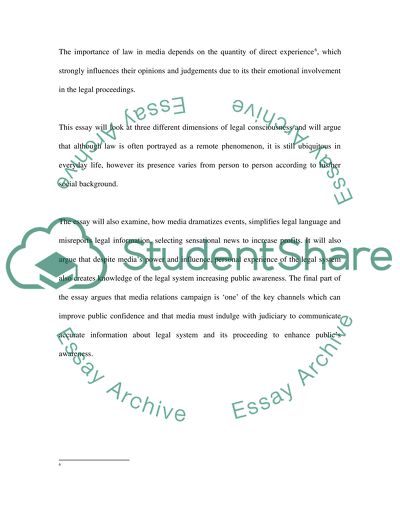Cite this document
(“Law being ubiquitous in everyday life Essay Example | Topics and Well Written Essays - 4000 words”, n.d.)
Retrieved from https://studentshare.org/law/1510131-law-being-ubiquitous-in-everyday-life
Retrieved from https://studentshare.org/law/1510131-law-being-ubiquitous-in-everyday-life
(Law Being Ubiquitous in Everyday Life Essay Example | Topics and Well Written Essays - 4000 Words)
https://studentshare.org/law/1510131-law-being-ubiquitous-in-everyday-life.
https://studentshare.org/law/1510131-law-being-ubiquitous-in-everyday-life.
“Law Being Ubiquitous in Everyday Life Essay Example | Topics and Well Written Essays - 4000 Words”, n.d. https://studentshare.org/law/1510131-law-being-ubiquitous-in-everyday-life.


